In particular, the content that the business community is interested in is the removal of contradictory, overlapping, unclear legal regulations that create a burden of compliance costs... related to the investment and financial fields.
Approval of investors without auction or bidding
Clause 4, Article 29 of the Investment Law and Clause 5, Article 29 of Decree 31/2021/ND-CP stipulate cases in which competent authorities approve investment policies and simultaneously approve investors without auctioning land use rights or bidding to select investors.
Adding “project chain” to the case of investment policy approval at the same time as investor approval is consistent with the task and solution of “value chain, supply chain” according to Resolution 68-NQ/TW dated May 4, 2025 of the Politburo on private economic development. This is a way to cut procedures, promote project implementation progress, and meet high growth targets.
Through research and survey, investors discover the development potential of the surrounding area, reduce costs, and make it feasible to implement projects with related objectives to existing projects. In this case, organizing auctions and bidding to select investors is unnecessary and costly for the state.
For example, some wind power projects have been approved by the provincial government for wind survey or measurement. Then, the investor has spent the cost to conduct the survey and wind measurement. In this case, approving the investor to take the next steps will save costs and ensure synchronization and consistency in government management.
Therefore, it is proposed to add point c1 after point c, Clause 4, Article 29 of the Investment Law as follows:
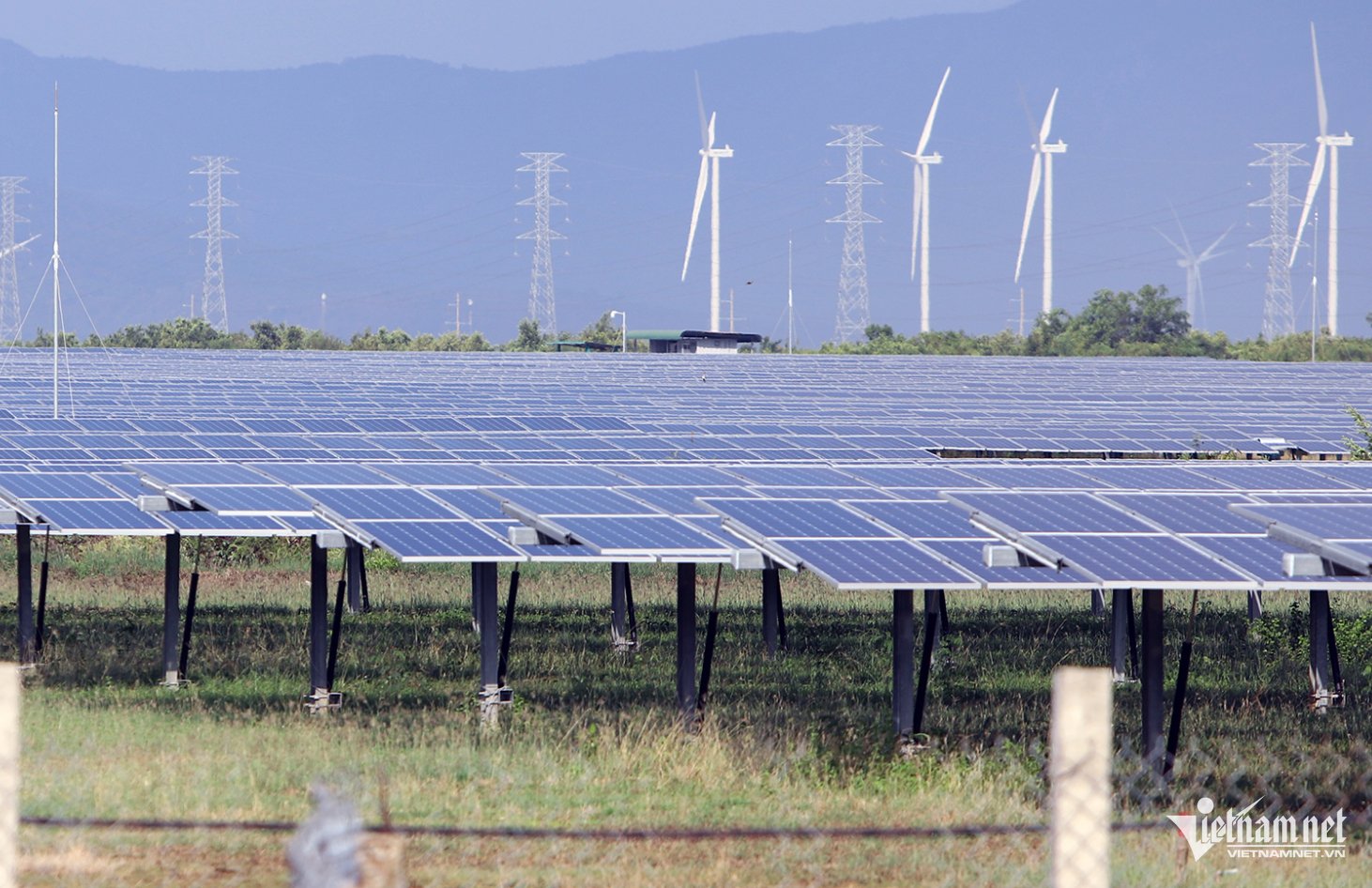
“For investment projects subject to investment policy approval, the competent authority shall approve the investment policy and at the same time approve the investor without auctioning land use rights or bidding to select investors in cases where the project chain proposed by the investor includes at least 5 projects with the goal of connecting with each other and supporting each other to develop, creating high socio -economic efficiency, including at least one existing project being operated by the investor and a number of projects that have been surveyed and proposed by the investor to the provincial People's Committee; wind power projects for which the investor has been allowed by the provincial People's Committee to conduct a survey or measure wind before January 1, 2025.”
Preliminary assessment of the capacity of energy project investors
According to Clause 4, Article 39 of Decree 115/2024/ND-CP, the preliminary assessment criteria for investors' capacity for energy projects only include equity requirements.
The above regulation will lead to a large number of investors submitting their applications without taking into account their ability to meet the experience requirements, resulting in many investors not meeting the requirements and the management agency having to spend unnecessary additional screening costs.
On the other hand, if the investor has been approved by the provincial government for survey or wind measurement, he will certainly be able to come up with feasible and effective proposals for energy projects. When the investor takes the next steps, it will save costs and ensure consistency in government management.
Therefore, it is proposed to add point d after point c, Clause 4, Article 39 of the Investment Law as follows:
Preliminary assessment criteria for investor capacity include: d) For energy projects, in addition to the criteria specified in Point a of this Clause, preliminary assessment criteria for capacity include the requirement that the investor has been authorized by the Provincial People's Committee to conduct a survey or wind measurement.
Electricity price in purchase and sale
Regarding electricity price negotiations, Point c, Clause 1, Article 19 of Decree 56/2025/ND-CP stipulates that "The winning electricity price is the maximum electricity price for the electricity buyer to negotiate the electricity purchase contract price with the winning investor.
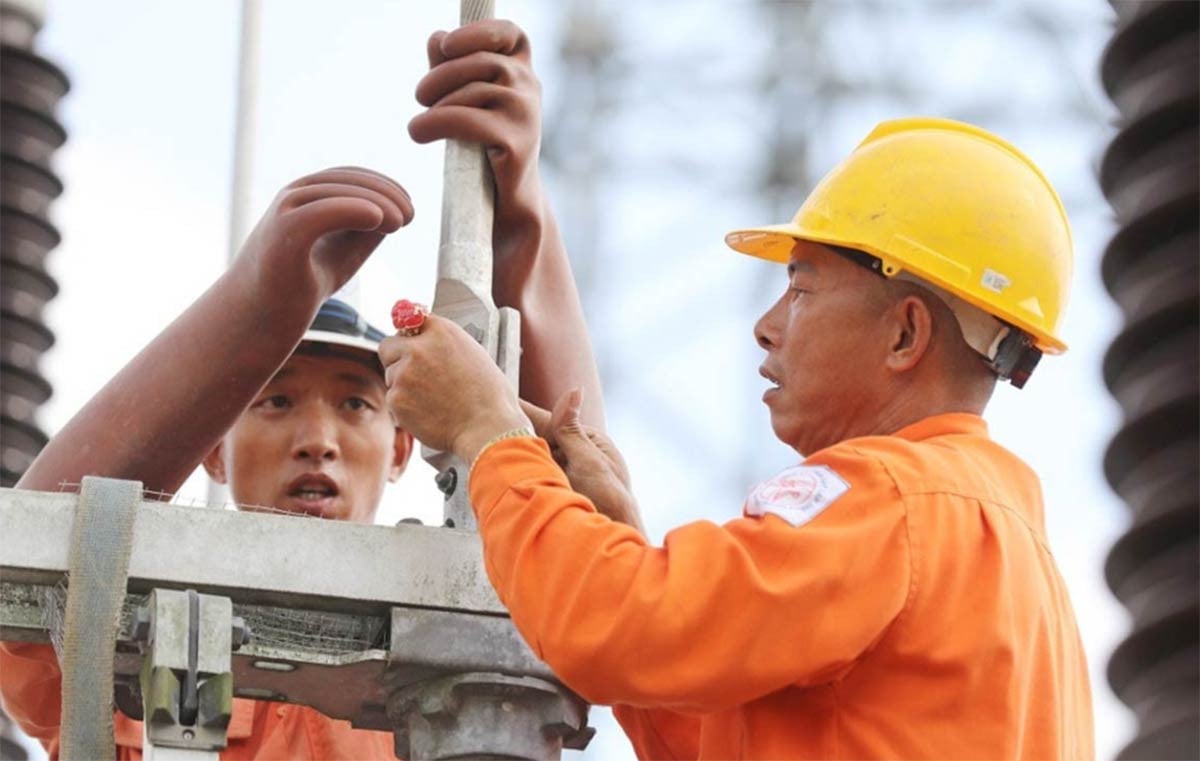
The winning electricity price was lower than the ceiling price in the bidding documents, but was not recognized as the price of the power purchase contract, but was only used as the "maximum electricity price" to continue negotiating to reduce the electricity price between the electricity buyer and the investor, which is unreasonable.
Therefore, this clause should be amended in the direction of "the winning bid electricity price is the electricity price for the Buyer to sign the electricity purchase and sale contract with the winning investor."
Disclosure of taxpayer information
Clause 1, Article 100 stipulates the disclosure of taxpayer information in cases of tax evasion, delay in payment on time; tax debt; violation of tax laws...
In reality, there are some sellers who are in the status of “not operating at the registered business address” or “absconding”, the buyer has paid and has an invoice but is not approved by the tax authority, so the payment is still made. The above errors are not at all due to the buyer, but when the tax authority publicly announces the inspection conclusion, there may be a situation where they are taken advantage of to affect the buyer's reputation.
Therefore, to protect the reputation of the enterprise, it should be amended to "after the deadline for tax payment of the taxpayer has expired as prescribed but the taxpayer has not yet performed or has not fully performed the obligation, the tax authority shall publicize the taxpayer's information. In case the agencies, units, and individuals violate the public disclosure and posting of taxpayer's information, they will be held responsible according to relevant legal provisions."
Affiliate transactions
Articles 13, 14 and 15 of Decree 132/2020/ND-CP stipulate methods for determining transfer pricing, including comparing transfer pricing with independent transaction prices, comparing the taxpayer's profit margin with the profit margin of independent comparables, and allocating profits among related parties.
Clause 3, Article 16 stipulates that the maximum total interest expense after deducting deposit interest and loan interest arising during the period of the taxpayer that can be deducted when determining taxable income for corporate income tax does not exceed 30% of the total net profit from business activities during the period plus interest expense after deducting deposit interest and loan interest arising during the period plus depreciation expense arising during the period of the taxpayer.
Although enterprises have affiliated relationships, they are legally economic organizations with independent legal status, have their own tax codes, have their own apparatus and account independently from each other. When the contract between enterprises has been negotiated on the basis of voluntary will, has complied with the internal procedures of each party according to the Enterprise Law, and fully performed financial obligations according to regulations, but is still limited in terms of "transaction price", "profit" and "total loan interest expense", it does not ensure the principle of "freedom, voluntary commitment and agreement" of the Civil Code.
Therefore, it is necessary to amend the tax management regulations for enterprises with related-party transactions in the direction that for contracts between related-party companies, the law needs to specifically stipulate the profit margin limit of approximately how many percent for each field and industry so that enterprises have a basis for implementation, instead of the methods of "price comparison", "profit margin comparison", "profit allocation". On the other hand, the regulation on the maximum amount of total interest expense deductible when determining taxable income for enterprises with related-party transactions should be abolished.
Dr. Lawyer Do Minh Anh - Consulting Expert - CS&PL Department - Vietnam Veterans Business Association
Source: https://vietnamnet.vn/de-phap-luat-thuc-su-thuc-day-cac-hoat-dong-dau-tu-2438938.html



![[Photo] Hanoi morning of October 1: Prolonged flooding, people wade to work](https://vphoto.vietnam.vn/thumb/1200x675/vietnam/resource/IMAGE/2025/10/1/189be28938e3493fa26b2938efa2059e)




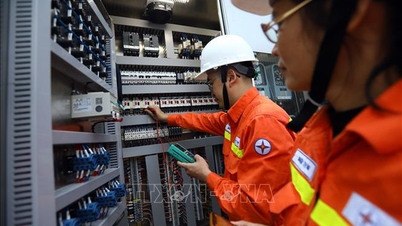

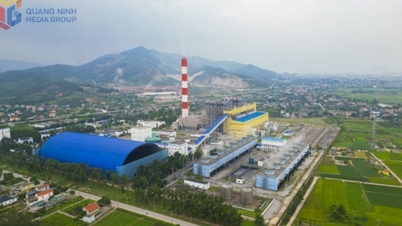





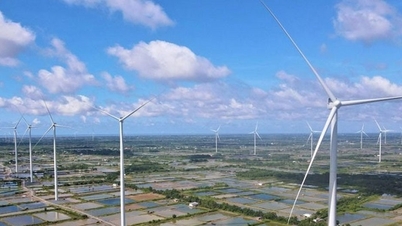









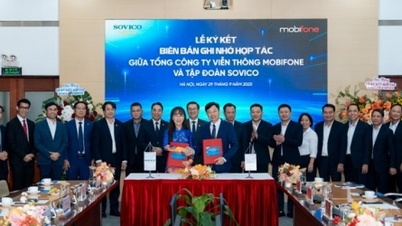










![[Photo] The 1st Congress of Phu Tho Provincial Party Committee, term 2025-2030](https://vphoto.vietnam.vn/thumb/1200x675/vietnam/resource/IMAGE/2025/9/30/1507da06216649bba8a1ce6251816820)
![[Photo] President Luong Cuong receives President of the Cuban National Assembly Esteban Lazo Hernandez](https://vphoto.vietnam.vn/thumb/1200x675/vietnam/resource/IMAGE/2025/9/30/4d38932911c24f6ea1936252bd5427fa)
![[Photo] Panorama of the cable-stayed bridge, the final bottleneck of the Ben Luc-Long Thanh expressway](https://vphoto.vietnam.vn/thumb/1200x675/vietnam/resource/IMAGE/2025/9/30/391fdf21025541d6b2f092e49a17243f)
























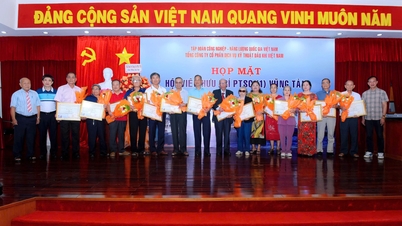






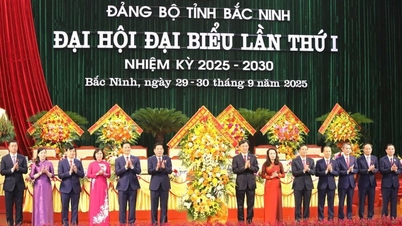










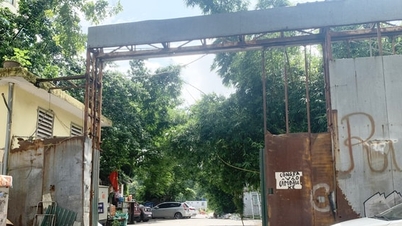




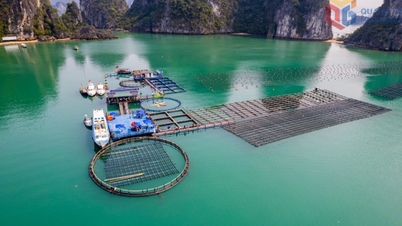














Comment (0)